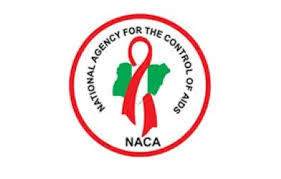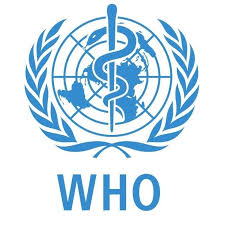Association of Public Health Physicians of Nigeria (APHPN), Lagos chapter, recently joined the world in celebrating World Malaria Day (WMD).
A statement made available to Daily Sun and signed by APHPN Lagos chapter Chairman, Dr Oladoyin Odubanjo said this year's theme highlights the need for sustained efforts against malaria, thus making the target of e1imination a reality. Odubanjo also said,' that it would aid evaluation of progress made towards attaining the Millennium Development target of reversing the incidence of malaria
According to him, globally 3.3 billion people in 106 countries are at risk of malaria stating that in 2012, malaria accounted for an estimated 627,000 deaths, mostly in women and children who reside in Africa, Asia, Latin America, and to a lesser extent the Middle East and parts of Europe. .
"About 198 million cases occurred globally in 2013, with 584,000.deaths in the same year. As of 2014, 97 countries still, had on-going transmission. The burden.of malaria is heaviest in Africa where about 90% of deaths occur and 78% of these deathsaffect children under-five years of age.
The economic cost of malaria, arisingtoni cost oftreatrnent, loss of productivity, and earnings due to days lost 'from illness, may account for a reduction of GDP growth by' 1.3% annually", he added.
He explained that WMD is commemorated every 25th April and was established by the World Health Organization to promote awareness about malaria and provide information on ''year-long intensified implementation of national malaria-control strategies, including community-based activities formalaria prevention and treatment in endemic areas."

He stressed that malaria-endemic countries have made implausible gains in malaria in the last decade but that "it is encouraging to note that global efforts to control and eliminate the; spate of malaria have resulted in 4.3 million deaths being averted between 2001 and 2013. There has also been a reduction in mortality by 47% between 2000 and 2013" .
His words: "Gains have not been without serious challenges. Recent economic crises the global arena have resulted in an annual shortage of USA 3.6 .billion which threatens to slow down progress, mainly across Africa where high-burden countries are facing serious funding gaps. In addition, more'funds are urgently required to combat malaria control problems such as emerging drug and'insecticide resistance which have been documented in parts of Asia.
"There is need to maintain progress and scale-up proven, effective interventions ' whilst building capacity lor home-grown Interventions and, increasing internal financing of coittrdl programs to reduce reliance, on' external funding which is oftendependent on economic climate. There is also a need to develop a robust surveillance system that will facilitate early detection and conment of drug-resistant strains".
Odubanjo revealed that key.areas of research to explre,include behavioural studies to promote adopriono proven interventions, identification of opportunities to integrate malaria control with other initiatives, studies on drug resistance and evaluation on obstacles to prevention and control programs.
The APHPN pledged its commitment to partner with the Lagos State government and other stakeholders in implementing these highlighted activities aimed at accelerating progressagainst this largely preventable condition.
BY GABRIEL DIKE
Vanguard
ABUJA: Training Schedule for Basic Life Support BLS, Pediatric Advanced Life Support (PALS), Advanced Cardiovascular Life Support ACLS, First Aid, CPR, AED
PORTHARCOURT: Training Schedule for Basic Life Support BLS, Pediatric Advanced Life Support (PALS), Advanced Cardiovascular Life Support ACLS, First Aid, CPR, AED
LAGOS: Training Schedule for Basic Life Support BLS, Pediatric Advanced Life Support (PALS), Advanced Cardiovascular Life Support ACLS, First Aid, CPR, AED




